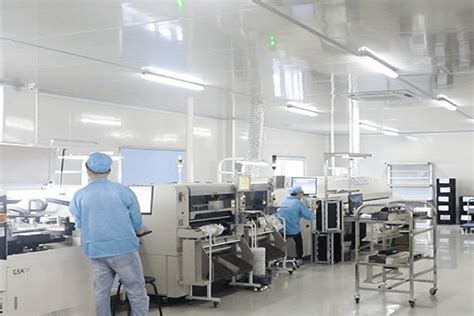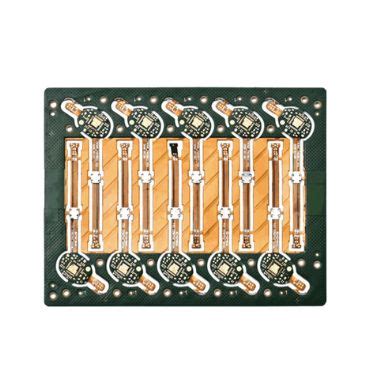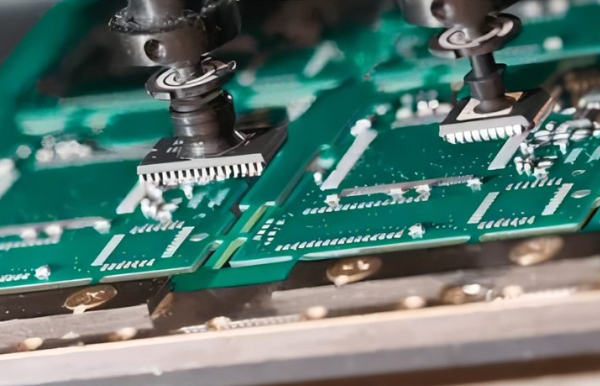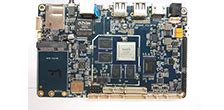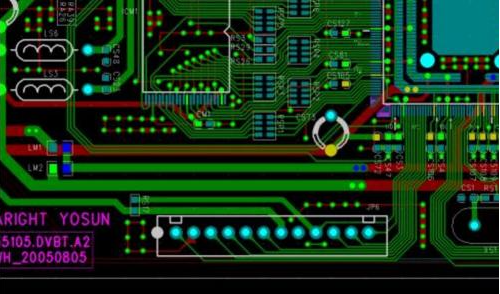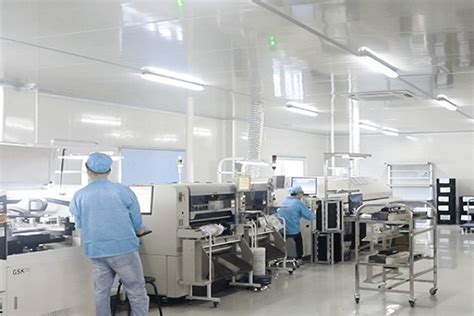Advancing PCB Manufacturing Techniques for Quality and Efficiency
Key Takeaways
When delving into pcb manufacturing, it’s essential to understand that innovations in technology play a crucial role in enhancing both quality and efficiency. You may find that pcb manufacturing companies are increasingly leveraging advanced techniques and new materials to achieve superior outcomes. By focusing on the latest advancements, these companies can significantly reduce pcb manufacturing costs while improving the intricacies involved in high-density interconnection. Furthermore, implementing best practices allows for efficient PCB production, driving better results without compromising quality. As a part of this evolving landscape, engaging with sustainable practices can not only benefit your business but also align with global trends. By keeping an eye on the future of your pcb manufacturing business, you can position yourself effectively for continued success in an increasingly competitive market.
Advancements in PCB Manufacturing Technologies
In today’s rapidly evolving tech landscape, PCB manufacturing has seen significant advancements that enhance both quality and efficiency. Modern PCB manufacturing companies are adopting innovative technologies such as laser drilling and automated assembly processes, which not only improve precision but also reduce production time. You may notice that enhanced software tools for design verification are mitigating errors early in the design phase, ultimately cutting down on overall pcb manufacturing cost. Furthermore, advanced materials are being utilized to meet the rigorous demands of high-frequency applications, thus ensuring improved performance. As you explore different options in the pcb manufacturing business, consider those that integrate these modern advancements to achieve optimal results. The focus on sustainability is also reshaping practices in the industry, pushing companies to adopt green methods that not only meet regulatory requirements but also appeal to environmentally-conscious consumers. In essence, staying abreast of these advancements will empower you to make informed decisions in an increasingly competitive market.
Innovative Materials for Enhanced PCB Quality
In the realm of PCB manufacturing, the choice of materials plays a crucial role in determining the overall quality and functionality of the final product. By utilizing advanced materials, you can significantly improve the performance and durability of your printed circuit boards. The ongoing innovation in PCB manufacturing companies has led to the development of high-frequency materials, which are particularly advantageous for applications demanding superior signal integrity.
One noteworthy material is polyimide, which offers exceptional thermal stability and is ideal for high-temperature applications. Additionally, composites designed with woven glass fibers can enhance mechanical strength, ensuring that your PCBs withstand environmental stresses without compromising quality.
To illustrate, consider the following table showcasing innovative materials and their benefits:
| Material | Benefits |
|---|---|
| Polyimide | High thermal stability |
| FR-4 | Cost-effective with good electrical properties |
| Ceramics | Excellent thermal conductivity |
| Woven glass fibers | Enhanced structural integrity |
Integrating these advanced materials into your PCB manufacturing business not only boosts product quality but can also drive down the overall PCB manufacturing cost by minimizing defects and reworks.
“Investing in high-quality materials is investing in the reliability of your products,” a leading expert in electronic design once noted.
By prioritizing these innovative options, you position yourself advantageously in a competitive landscape, ensuring that your products meet demanding standards while adhering to budgetary constraints.
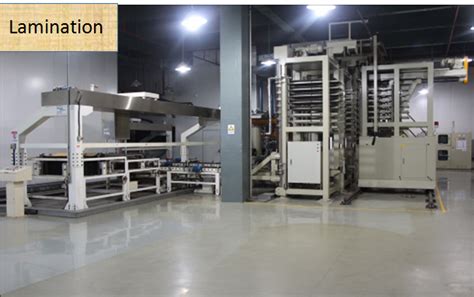
Best Practices for Efficient PCB Production
To achieve optimal results in your PCB manufacturing business, it’s essential to adopt best practices that enhance both quality and efficiency. One of the primary steps involves selecting the right PCB manufacturing companies that prioritize innovation and quality in their processes. By collaborating with such firms, you can access the latest technologies that streamline production and reduce the overall PCB manufacturing cost.
Implementing robust workflow management systems can significantly enhance efficiency in your operations. These systems assist in tracking materials and production timelines, ensuring that you meet deadlines without sacrificing quality. Additionally, consider utilizing advanced automation techniques in your production line. This not only minimizes human error but also maximizes throughput, allowing you to scale your business effectively.
Furthermore, maintaining a focus on continuous improvement is vital. By regularly assessing your processes and seeking feedback from team members, you can identify areas for enhancement. Emphasizing training for your workforce on the latest tools and techniques will empower them to contribute more effectively to your PCB manufacturing goals.
Incorporating eco-friendly practices is also becoming increasingly important within the realm of electronics. Sustainable methods not only cater to growing environmental concerns but can also lead to cost savings in long-term operations. By following these best practices, you position your PCB manufacturing business for future growth while ensuring high-quality outcomes that meet ever-evolving industry standards.
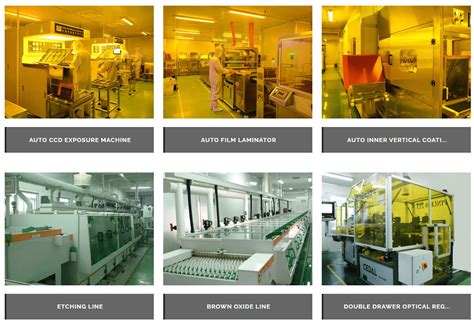
Techniques for High-Density Interconnection in PCBs
In the evolving landscape of PCB manufacturing, high-density interconnection (HDI) techniques have emerged as a pivotal area of focus for both performance enhancement and cost effectiveness. These techniques play a crucial role in meeting the increasing demand for smaller, lighter, and more efficient electronic devices. By employing advanced methods such as laser drilling, microvias, and buried vias, you can significantly enhance the quality and functionality of your printed circuit boards. Furthermore, many PCB manufacturing companies are investing in innovative materials that improve signal integrity and thermal management, ensuring that your products can withstand the rigors of modern applications. When evaluating PCB manufacturing costs, it’s essential to consider how these advanced techniques not only align with superior performance but also enhance production efficiency. Implementing HDI technology can drive your PCB manufacturing business forward by reducing size while increasing component density—characteristics that are essential for competing in today’s technology-driven markets. Ultimately, these developments not only improve the end product but also streamline your overall production process, leading to higher customer satisfaction and sustainable growth. With a focus on HDI techniques, you are well-positioned to elevate your PCB projects to new heights.
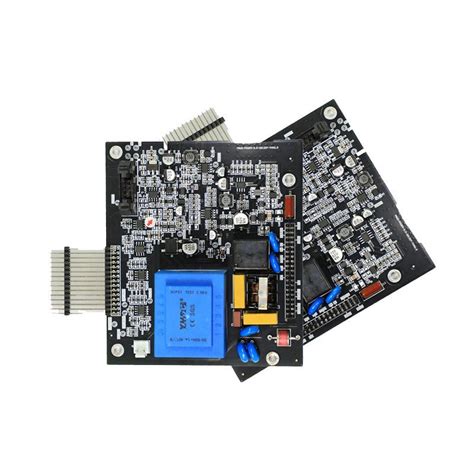
Streamlining Processes in Advanced PCB Fabrication
In the realm of pcb manufacturing, streamlining processes is essential for optimizing both quality and efficiency. You may find that adopting automated systems significantly enhances your workflow. These systems can include automated inspection technologies that quickly identify defects, reducing the time spent on manual checks. Moreover, engaging with pcb manufacturing companies that utilize state-of-the-art machinery can lead to a dramatic reduction in production time, aligning with your goal of minimizing pcb manufacturing costs. Additionally, implementing lean manufacturing principles helps you identify waste within your processes, allowing you to allocate resources more effectively. For instance, by revisiting your supply chain management and establishing closer relationships with raw material suppliers, you can ensure that materials arrive just-in-time for production—a tactic that not only cuts costs but also supports an efficient pcb manufacturing business model. Overall, focusing on these strategies not only enhances productivity but also positions your operations to consistently deliver high-quality PCBs needed to meet the demands of modern electronic design.
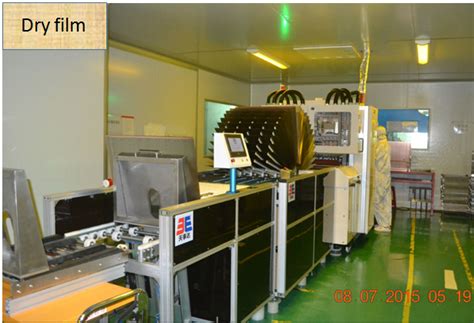
Quality Control Measures in PCB Manufacturing
In the realm of pcb manufacturing, implementing rigorous quality control measures is paramount to ensure reliability and performance. You should regularly assess various stages of production to identify defects and ensure adherence to established standards. Various methodologies, such as Statistical Process Control (SPC), can be integral in maintaining quality by analyzing data and identifying variations in the pcb manufacturing process. Working with reputable pcb manufacturing companies often means they adhere to international quality certifications, which can reassure you of their commitment to excellence. Moreover, investing in advanced inspection technologies, like Automated Optical Inspection (AOI), significantly enhances the detection of potential issues at an early stage, thereby minimizing the pcb manufacturing cost related to rework and wastage. Continuous training for personnel involved in quality assurance is essential; upskilling them on emerging best practices will not only optimize production but also strengthen your overall pcb manufacturing business. Incorporating these measures ultimately leads to higher efficiency and improved product outcomes, solidifying your reputation within the industry.
Sustainable Practices in Electronic Design and Production
In the realm of pcb manufacturing, integrating sustainable practices is not just beneficial for the environment; it can also enhance the overall effectiveness of your pcb manufacturing business. By focusing on eco-friendly materials and processes, you reduce overhead costs associated with waste disposal and excessive raw material consumption. Employing innovative techniques, such as lead-free soldering and recyclable substrates, ensures that your pcb manufacturing cost is lowered in the long run while appealing to environmentally conscious clients. Partnering with responsible pcb manufacturing companies that prioritize sustainability can further bolster your brand’s reputation in a competitive market. By embracing these eco-friendly approaches, you’re not only committing to a greener future but also improving the quality of your products, resulting in superior performance for electronic designs. This synergy between sustainability and efficiency ultimately leads to more reliable electronic devices that consumers trust.
Future Trends in Advanced PCB Manufacturing Techniques
As you explore the landscape of pcb manufacturing, you will encounter several promising trends that are shaping the future of this vital industry. One significant direction is the integration of smart technologies, which offers enhanced automation and data analytics to optimize production processes. This advancement not only reduces production time but also helps in achieving higher quality outputs, thereby influencing the overall pcb manufacturing cost positively.
Moreover, many pcb manufacturing companies are now embracing green technologies, focusing on sustainable practices that minimize waste and energy consumption. These shifts are not just beneficial for the environment; they also serve as a competitive advantage, appealing to a growing customer base that prioritizes sustainability.
Additionally, advancements in materials science are paving the way for more durable and efficient PCBs. The use of innovative materials can improve the performance and reliability of electronic products while facilitating high-density interconnection, thereby allowing for more compact designs.
Investing in these trends can significantly boost your pcb manufacturing business, ensuring that you remain at the forefront of technological advancements while meeting customer demands for both quality and efficiency. The future of advanced PCB manufacturing techniques holds great potential for those willing to adapt and innovate.
Conclusion
In the rapidly evolving field of pcb manufacturing, integrating cutting-edge techniques and innovative materials is more critical than ever for achieving excellence. As you explore various pcb manufacturing companies, you’ll notice that many are now adopting advanced methods to deliver superior quality while optimizing pcb manufacturing cost. Understanding the nuances of these strategies can significantly impact your pcb manufacturing business. By focusing on high-density interconnection technologies, for example, you can enhance the functionality and performance of your boards. Moreover, streamlining processes in advanced fabrication not only boosts efficiency but also paves the way for sustainable practices that are crucial in today’s eco-conscious market. Ultimately, staying abreast of current trends and best practices in pcb manufacturing will empower you to make informed choices that elevate both the quality and efficiency of your electronic designs.
FAQs
What is the importance of quality control in PCB manufacturing?
Quality control is essential in pcb manufacturing as it ensures that each product meets the required specifications and performance standards. Implementing rigorous quality measures helps reduce defects and improves the overall reliability of electronic devices.
How can I lower the pcb manufacturing cost without compromising quality?
To decrease your pcb manufacturing cost, you can optimize your design for manufacturability, choose less expensive yet effective materials, and work with reputable pcb manufacturing companies that offer competitive pricing. Efficient batch production can also reduce costs.
What are the best practices for starting a pcb manufacturing business?
To establish a successful pcb manufacturing business, focus on acquiring the right technology, understanding market demand, ensuring compliance with industry standards, and building relationships with suppliers. Continuous training for your workforce is also crucial to maintaining efficiency.
How does advanced technology affect PCB production efficiency?
Advanced technologies in pcb manufacturing, such as automation and AI-driven processes, enhance production efficiency by minimizing errors, reducing lead times, and improving scalability. These innovations allow manufacturers to keep pace with increasing demand while maintaining high-quality standards.
What future trends should I be aware of in PCB manufacturing?
Emerging trends in pcb manufacturing include a shift toward more sustainable practices, greater integration of IoT devices requiring high-density interconnections, and advancements in materials that enhance functionality. Staying informed about these trends will position your business advantageously.

